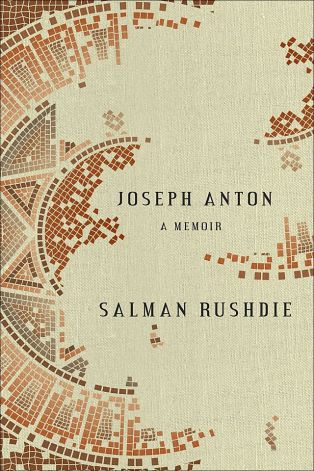By Joseph Anton
Joseph Anton does not exist; the name is the pseudonym Salman Rushdie chose to use during the time he was living underground under 24-hour police protection. Rushdie used the names of two of his favourite writers, Conrad and Chekhov, as a pseudonym when he was hiding from the fatwa issued against him for writing the book The Satanic Verses.
The book, deemed an insult against the Islamic religion, had spurred the Ayatollah Khomeini to issue the fatwa against Rushdie, something he was made aware of when he received a call from a BBC reporter. For nine years Rushdie and his family lived away from the public eye, continuously moving residences and struggling to stay safe, sane and find a way to regain his freedom.
In this book Rushdie shares the story of these nine years and gives a detailed account of a very personal journey and the struggle for freedom of speech.
By Marwan Bishara
The Arab uprisings have inspired many books, each taking different angles. The chief policy analyst of Al Jazeera English, Marwan Bishara, follows the recent revolts to their beginning in The Invisible Arab. Bishara combines in-depth reporting, analysis and research to discover when the seeds for the uprising were planted and what contributed to their growth.
Painting a picture of the region and taking national and international policies into account, Bishara explores the how and why and poses questions as to what should come next. He argues that now that several countries are in transition there is a unique chance to re-establish the way the Middle East and the Western world deal with each other, an opportunity to find common ground as the individual countries struggle to establish new ways of life.
 Soldiers, Spies, and Statesmen
Soldiers, Spies, and Statesmen
By Hazem Kandil
Hazem Kandil approaches the 25 January revolution as the latest step in a struggle that has gripped Egypt for over 60 years. Kandil makes the argument that the play for power is ongoing between three major players: the politicians, the security services and the military.
Presenting meticulous research into the past 60 years, Kandil describes in detail the various power struggles, wars and social changes that were driven by the battle for supremacy. Kandil’s book presents this argument and analysis for the first time, and Kandil makes an interesting case regarding how the ongoing conflict will influence the outcome of the latest uprising.






